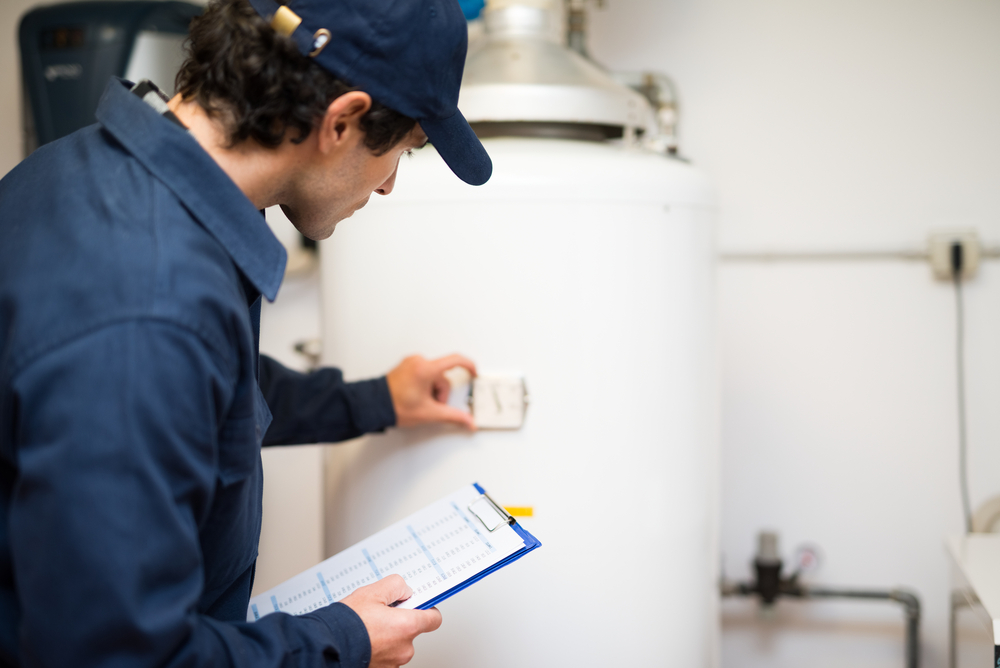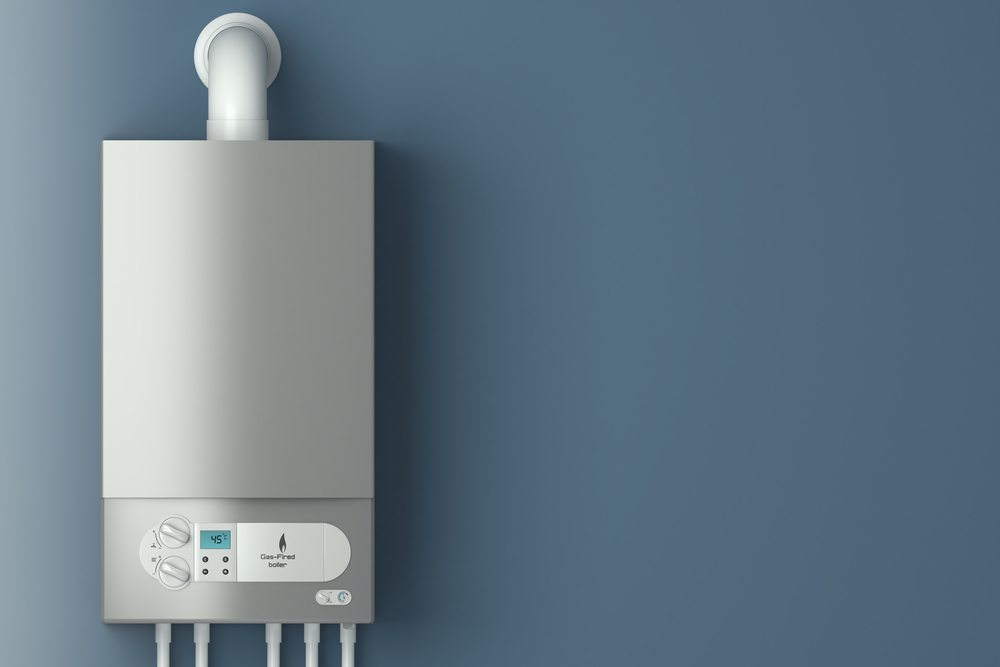A hot water boiler not only heats and boils the water but also turns it into steam, which can be used for transferring heat. The boiler makes it easy to pump water. Another advantage is that it keeps water heated for a long time. The steam is pushed throughout the home for heating purpose. The pipes in the walls are heated which are then used to heat the home during the winter season.
 |
| Hot Water Boilers |
Working of a boiler
Hot water boilers are used as the heating system in residential buildings. The working of a boiler depends on the thermostat which tells the system when to start and when to stop. The boilers have a loop system, which helps them to use water that remains inside the boiler. If the quantity of water becomes less, the boiler uses new water. Undoubtedly, it is a good option for saving water while heating the home. There is a combustion chamber, which starts heating the water. When the water turns into steam, it is sent all over the home through the pipes. When the steam cools and converts into the water, it is returned to the boiler to get heated again.
Types of boilers
There are mainly two types of hot water boilers, which are a steam boiler and a hot water boiler. Both of them operate in the same way but still, there are some differences, which are discussed below.
1. Heating points
In hot water boilers, the temperature of the water can reach in the range of 180 to 200 degree Fahrenheit. So, it can be said that the intensity of heating is extremely low. In steam boilers, the intensity of heat is high and the temperature can rise up to 212 degrees Fahrenheit.
2. Circulation of water
Hot water boilers need a continuous supply of water so that it can always be full. The hot water is circulated with the help of an electric pump. In steam boilers, the steam expands and fills the pipe.
3. Accessories used in both the boilers
Extra accessories are not used in the steam boilers, but hot water boilers need accessories like circulator, expansion tank, and a flow check valve. Along with it, a pump is needed to circulate the water.
4. Installation cost
The installation and implementation costs of both the boilers are almost the same. The difference in cost depends upon the fuel, that is used for the functioning of the boiler which can either be gas or oil.
Benefits of hot water boiler
There are many benefits of a hot water boiler, which are given below.
- The heating of water and production of steam does not produce any dust.
- No new air enters, as the boiler uses the air present in the radiator.
- People get high-quality heat comfortably.
- The radiator in the boiler distributes the heat to the room.
- The boiler has user-friendly programming, which helps the users to configure it easily.
- Thermostats available in the hot water boilers are programmable and can automatically start and stop the boiler.
- The operation of the boiler is not noisy which is another major benefit.
Maintenance of hot water boilers
Regular maintenance and inspection of hot water boilers are needed to ensure that each part is working well. Sometimes, there are situations that a part may be repaired or replaced to increase the life and efficiency of the boiler.
 |
| Hot Water Boilers |
Conclusion
These are some of the benefits, which people can get from the installation of the hot water boilers. The boiler will heat the house in winters and provide comfort to the residents. Installation of water boiler is easy though some accessories are needed for the installation. The inspection and maintenance of the boiler should be done on a regular basis, to avoid any type of fault or if any part needs to be repaired or replaced, then it can be done soon in order to increase the life and efficiency of the boiler.




0 Comments